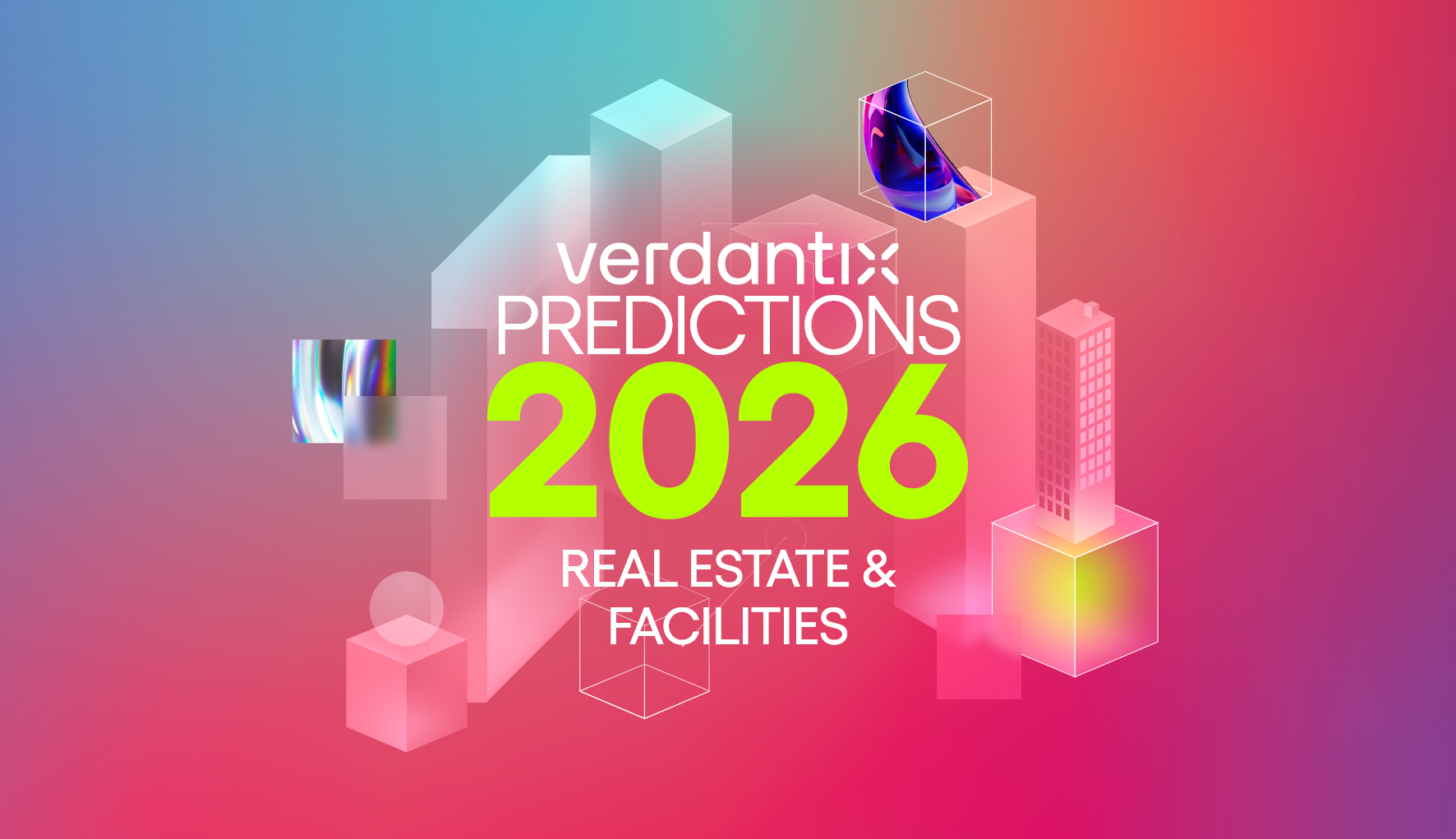‘Hey Siri: Please Decarbonize My Building’

Harry Wilson
Virtual assistants have existed in various forms in recent times – picture ‘Clippy’ (officially known as ‘Clippit’), the helpful Microsoft Office paperclip assistant that interfaced with Office help content in software deployed as early as 1997. However, new technological advancements in AI and large language models (LLMs) have ushered in a new age of intelligent, conversational and creative assistants. Microsoft’s latest offering is Copilot, which users interact with on their desktop and within Office apps, while the most used assistant is OpenAI’s ChatGPT, which exploded in popularity following its 2023 release. These new assistants allow for natural language interactions with users and streamline existing processes such as information retrieval, analysis and processing.
In March 2024, BrainBox AI – a building technology vendor focused on HVAC control optimization – announced the release of its Artificial Responsive Intelligent Assistant, ARIA. ARIA seeks to enhance building operations by integrating with a range of building systems to provide AI data-driven facilities management insights and control to improve operational efficiency. The solution can recognize commands posed through text and voice, aiding operatives with their standard processes. An example use case includes a maintenance worker verbally requesting metrics such as pressure drop and fan speed from a rooftop unit (RTU) from ARIA while they conduct maintenance activities on the unit. ARIA integrates with BrainBox AI’s existing data prediction algorithms and external data analysis to allow for continuously improving proactive alerts, energy conservation measure recommendations and automated control implementation. The vendor predicts HVAC energy costs can be reduced by up to 25% following solution deployment thanks to improved energy efficiencies and predictive maintenance, and greenhouse gas emission reductions can be as high as 40%.
Underpinning this personal building assistant is Amazon’s latest generative AI (GenAI) service offering, Bedrock. This new service provides users with a large selection of fully managed LLMs and foundation models (also known as FMs – not to be confused with facility managers), and answers to user-posed queries can be the combination of responses from various LLMs. By bringing generative AI solution generation into the mass market through a managed service, Amazon has thrust open the door for more vendors to develop assistant solutions for their existing software packages in a managed and secure environment. Expect to see more assistants come to market over the next year using this tool.
ARIA may well be a GenAI-powered virtual building assistant, but it is by no means the first. Other solutions present in the market today include 75F’s Saffron AI assistant within its Facilsight software offering. The Saffron assistant responds to queries posed in natural language and is capable of control changes, information retrieval and complex query processing. The assistant ties in with Facilsight’s other AI capabilities, including predictive ML-based energy consumption forecasting and energy conservation measure identification, and presents these findings when prompted by users. A differentiating feature of the assistant is its computer vision functionality capable of interpreting simple pen and paper sketches and generating custom user dashboards based on requested variables.
These solutions are truly exciting as we look to the future of how those in facilities management and building operations engage with their digital tools to improve energy, carbon and business efficiencies. These technologies will be fundamental to the future of facilities management, as the industry contends with a lack of workforce and buildings become more digitally enabled. The future is never certain, but with AI assistant solutions like these emerging, building decarbonization of the future may only require a simple ‘Hey Siri’.
For more insights on AI applications in the built environment, please see Verdantix Market Insight: New And Emerging Applications Of AI In The Built Environment.
For detailed analysis into large language models and the transformer model underpinning them, please see Verdantix Market Insight: Ten Applications Of Large Language Models For Industry.
About The Author

Harry Wilson
Senior Analyst





